



 Tech & IT
Tech & IT
 Business
Business
 Coding & Developer
Coding & Developer
 Finance & Accounting
Finance & Accounting
 Academics
Academics
 Office Applications
Office Applications
 Art & Design
Art & Design
 Marketing
Marketing
 Health & Wellness
Health & Wellness
 Sounds & Music
Sounds & Music
 Lifestyle
Lifestyle
 Photography
Photography
More Learnfly
Business Solution Become an InstructorStock trading is the buying and selling of company shares on stock exchanges. Traders aim to profit from price fluctuations by analyzing market trends, company performance, and economic indicators. It requires strategic decision-making and risk management in pursuit of financial gains.

By : Dinesh Kumar (NISM Certified)
Day Trading ...
4.5 889
1:48:45 hrs 32 lectures All Level

By : Satyendra singh
Technical indicators, pivot, Support resistance, Fibonacci, options, VIX, open intere...
4.8 1117
7:43:1 hrs 27 lectures Intermedite Level

By : Satyendra singh
Natural gas basic concepts ,Crude oil basics, trading crude oil and natural gas with ...
4.4 1018
5:4:51 hrs 15 lectures Intermedite Level

By : Dinesh Kumar (NISM Certified)
Success in Swing Trading ...
4.3 953
3:11:38 hrs 43 lectures All Level

By : Dinesh Kumar (NISM Certified)
Success in Intraday Trading ...
4.5 1135
3:10:50 hrs 40 lectures All Level

By : Amal mouna bouhlal
Learn How To Trade US Indices Market Like Big Banks By Experienced Trading Mentors : ...
4.4 2083
3:24:14 hrs 27 lectures Beginner Level

By : David Oisamoje
Forex Day Trading Course | Learn To Spot And Take Trade Easily With The MACD Indicato...
4.5 68754
1:17:28 hrs 13 lectures All Level
.jpg)
By : David Oisamoje
Forex Day Trading Course Taking Profitable Trendline Breakout Strategy Trades To Make...
4.5 79799
1:31:47 hrs 13 lectures All Level

By : Daksh Murkute
How to Invest in recession or global financial crisis....
4.3 93312
12 lectures All Level

By : Daksh Murkute
Become an Expert in Metatrader 4, Metatrader 5, MT4, MT5 and MQL5. Understand and mas...
4.5 83369
25 lectures All Level












Learn more topics in various categories at one place. Explore unlimited courses in other categories and up-skill yourself today.

 Jazeb Akram
Jazeb Akram 4.2 771170 Beginner Level

 John Hedengren
John Hedengren 4.1 569079 All Level

 Ranjan Pandey
Ranjan Pandey 4.1 346747 All Level

 Muhammad Ahsan Pervaiz
Muhammad Ahsan Pervaiz 4.2 101358 All Level

 Pieter Vliegenthart
Pieter Vliegenthart 4.6 100931 All Level

 Jerome P.
Jerome P. 4.8 100910 All Level

 Senol Atac
Senol Atac 4.9 100129 All Level

 Vikas Munjal
Vikas Munjal 4.8 100084 Beginner Level

 Avinash A
Avinash A 4.8 100042 All Level

 Kevin W. Chiu
Kevin W. Chiu13 Lectures All Level

 Debasruta Chowdhury
Debasruta Chowdhury 6 Lectures All Level

 Prabh Kirpa Classes
Prabh Kirpa Classes6 Lectures All Level
.jpg)
 TechLatest .Net
TechLatest .Net8 Lectures All Level

 Satyendra singh
Satyendra singh16 Lectures All Level
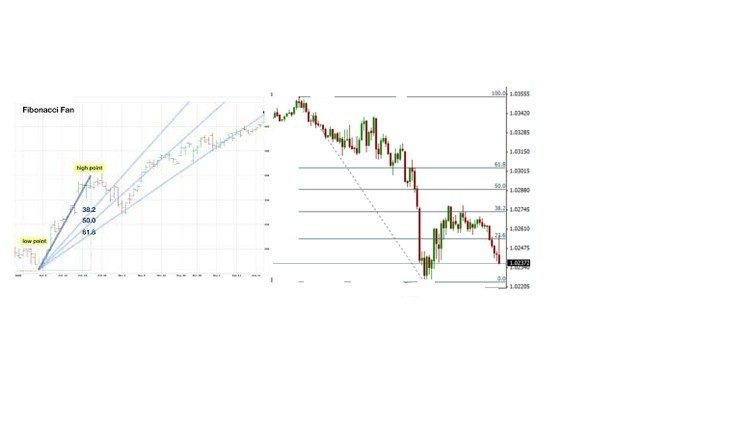
 Satyendra singh
Satyendra singh11 Lectures All Level

 Satyendra singh
Satyendra singh10 Lectures All Level

 Satyendra singh
Satyendra singh10 Lectures All Level

 Satyendra singh
Satyendra singh15 Lectures All Level

 Satyendra singh
Satyendra singh10 Lectures All Level

 Satyendra singh
Satyendra singh19 Lectures All Level
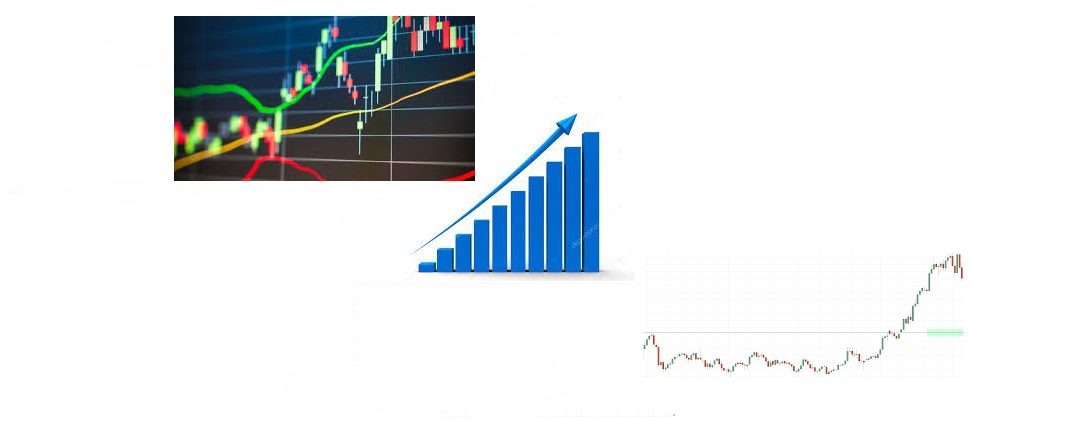
 Satyendra singh
Satyendra singh32 Lectures All Level

 Satyendra singh
Satyendra singh12 Lectures All Level

 Satyendra singh
Satyendra singh18 Lectures All Level
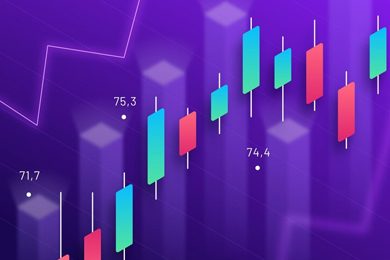
 Satyendra singh
Satyendra singh48 Lectures All Level

 Satyendra singh
Satyendra singh31 Lectures All Level
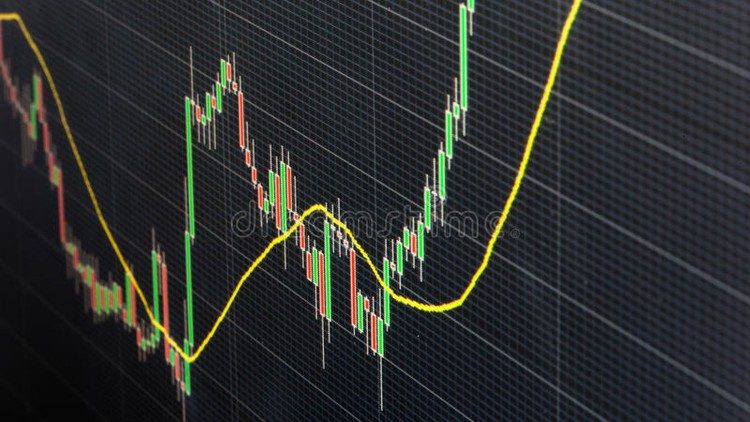
 Satyendra singh
Satyendra singh18 Lectures All Level

 Dinesh Kumar (NISM Certified)
Dinesh Kumar (NISM Certified)19 Lectures All Level

 Dinesh Kumar (NISM Certified)
Dinesh Kumar (NISM Certified)33 Lectures All Level

 Dinesh Kumar (NISM Certified)
Dinesh Kumar (NISM Certified)37 Lectures All Level

 Dinesh Kumar (NISM Certified)
Dinesh Kumar (NISM Certified)31 Lectures All Level

 Dinesh Kumar (NISM Certified)
Dinesh Kumar (NISM Certified)34 Lectures All Level

 Dinesh Kumar (NISM Certified)
Dinesh Kumar (NISM Certified)37 Lectures All Level

 Dinesh Kumar (NISM Certified)
Dinesh Kumar (NISM Certified)45 Lectures All Level

 Dinesh Kumar (NISM Certified)
Dinesh Kumar (NISM Certified)33 Lectures All Level

 Nrupen Masram
Nrupen Masram24 Lectures All Level

 Nrupen Masram
Nrupen Masram8 Lectures All Level

 Nrupen Masram
Nrupen Masram15 Lectures All Level

 Dinesh Kumar (NISM Certified)
Dinesh Kumar (NISM Certified)32 Lectures All Level
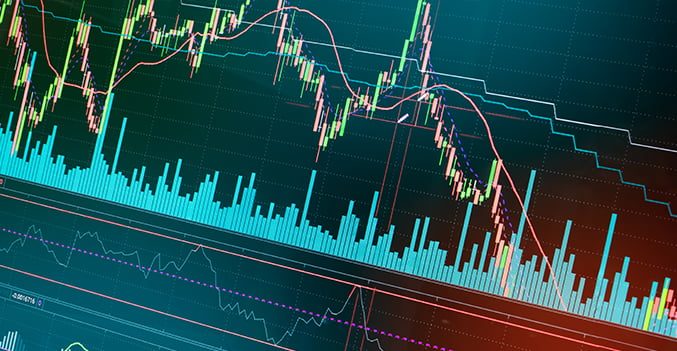
 Nrupen Masram
Nrupen Masram12 Lectures All Level

 Satyendra singh
Satyendra singh27 Lectures All Level

 Satyendra singh
Satyendra singh15 Lectures All Level

 Satyendra singh
Satyendra singh23 Lectures All Level

 Dinesh Kumar (NISM Certified)
Dinesh Kumar (NISM Certified)43 Lectures All Level

 Dinesh Kumar (NISM Certified)
Dinesh Kumar (NISM Certified)40 Lectures All Level

 Amal mouna bouhlal
Amal mouna bouhlal27 Lectures All Level

 Amir Rimer
Amir Rimer76 Lectures All Level

 David Oisamoje
David Oisamoje13 Lectures All Level
.jpg)
 David Oisamoje
David Oisamoje13 Lectures All Level

 Daksh Murkute
Daksh Murkute12 Lectures All Level

 Daksh Murkute
Daksh Murkute25 Lectures All Level

 Daksh Murkute
Daksh Murkute9 Lectures All Level

 Daksh Murkute
Daksh Murkute13 Lectures All Level

 Chandramouli Jayendran
Chandramouli Jayendran115 Lectures All Level

 Tawanda Irvine Makoni
Tawanda Irvine Makoni15 Lectures All Level

 Anurag Singal
Anurag Singal27 Lectures All Level
Stock trading involves buying and selling shares of publicly traded companies on stock exchanges. Traders aim to profit from price fluctuations in stocks by executing trades based on market analysis, trends, and other factors.
Stock trading is popular for its potential to generate returns and provide liquidity to investors. It offers opportunities for capital appreciation, dividends, and portfolio diversification. The stock market also plays a key role in capital allocation for businesses.
Main types include day trading (buying and selling within the same trading day), swing trading (holding stocks for a few days to weeks), and long-term investing (buying and holding for an extended period). Each approach has its own risk and reward profile.
Technical analysis involves studying historical price charts and trading volumes to predict future price movements, while fundamental analysis evaluates a company's financial health, management, and industry trends. Traders often use a combination of both methods to make informed decisions.
Risks include market volatility, economic uncertainties, and company-specific factors affecting stock prices. Traders may also face risks related to leverage, liquidity, and psychological factors. Risk management strategies are essential to mitigate potential losses.





